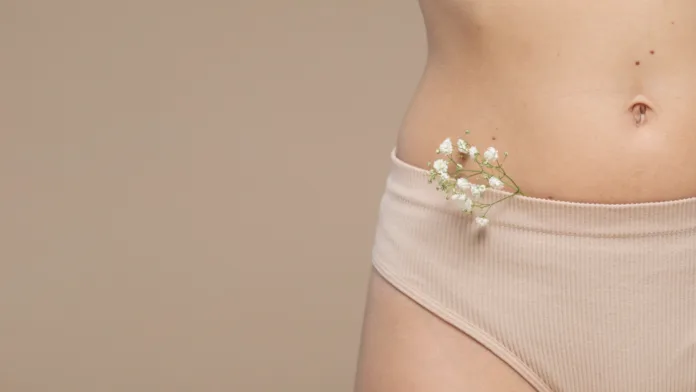In the ongoing debate over grooming habits, scientists have unveiled surprising findings: shaving your bikini line too frequently might heighten the risk of recurrent urinary tract infections (UTIs). Contrary to popular belief, maintaining some hair down there could actually be beneficial for your health.
UTIs, though common, are unpleasant, affecting various parts of the urinary tract. The culprit? Often bacteria from faecal matter making its way into the urinary tract through the urethra.
Women, with their shorter urethras, are more vulnerable, with researchers from Jagiellonian University Medical College in Poland estimating that 50% of women will experience a UTI in their lifetime.
Many women opt for hair removal, whether shaving or waxing, in pursuit of cleanliness and hygiene. However, the assumption that pubic hair is unhygienic is being challenged. In fact, human hair has been found to impede the growth of harmful bacteria, as per a study published in Scientific Reports.
To delve deeper, researchers surveyed 2,409 women aged 18-45, investigating their grooming practices and UTI history. Surprisingly, 74% reported removing all pubic hair in the past year, with 67% categorised as “extreme groomers” who removed hair daily or weekly.
While extreme grooming wasn’t directly linked to UTI risk, those who engaged in it were three times more likely to experience recurrent UTIs. Additionally, factors like early onset of UTIs, frequent sexual activity, and new partners heightened the risk.
Embed from Getty ImagesLead author Andrzej Galbarczyk suggested that frequent hair removal could compromise a protective microbial shield, potentially leaving women more susceptible to UTIs.
In conclusion, the research team highlighted the potential benefits of pubic hair in maintaining urogenital health. They emphasised the stabilising effect pubic hair might have on the microbiome and its role in harbouring bacteria like Lactobacillus, known for its antimicrobial properties against UTI-causing pathogens.
While the researchers didn’t advocate for complete abstinence from grooming, they cautioned against weekly shaving or waxing. Instead, they suggested adopting less frequent grooming practices.
Ultimately, whether to shave, wax, or leave hair untouched remains a personal choice. However, these findings shed light on the potential health implications of our grooming habits.
Symptoms of a UTI should never be ignored, and seeking medical attention is crucial, particularly if symptoms persist or worsen.
